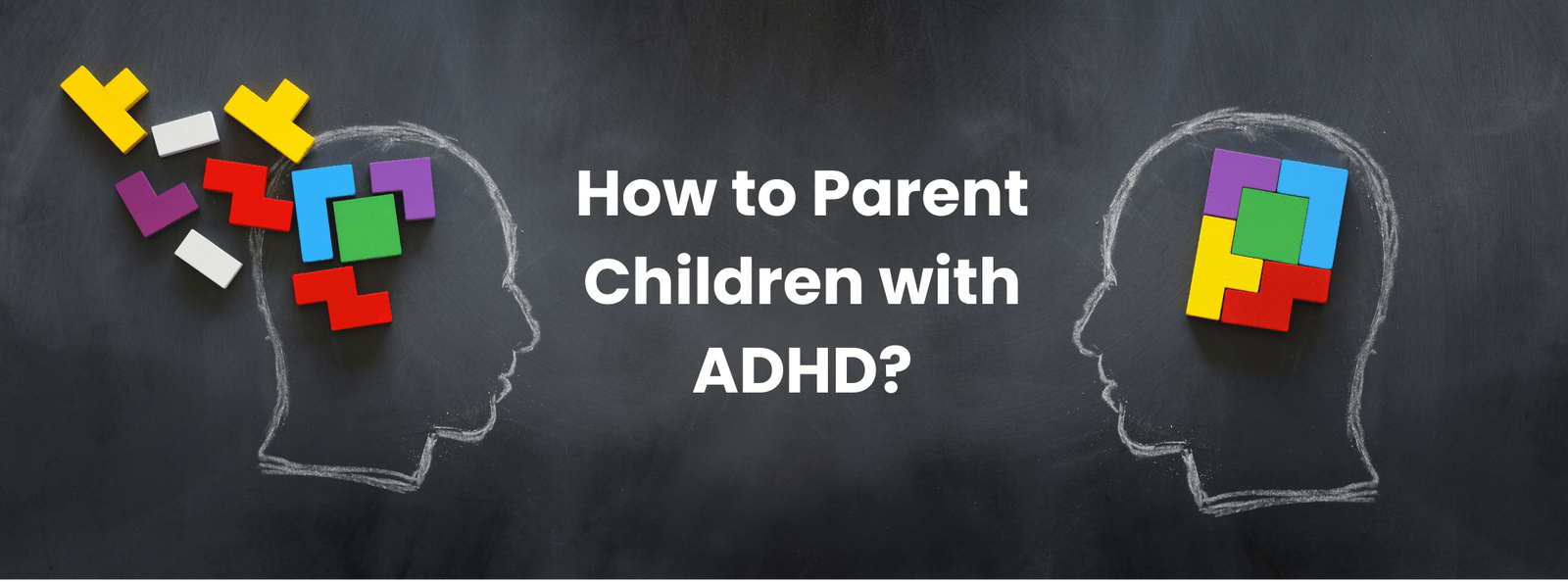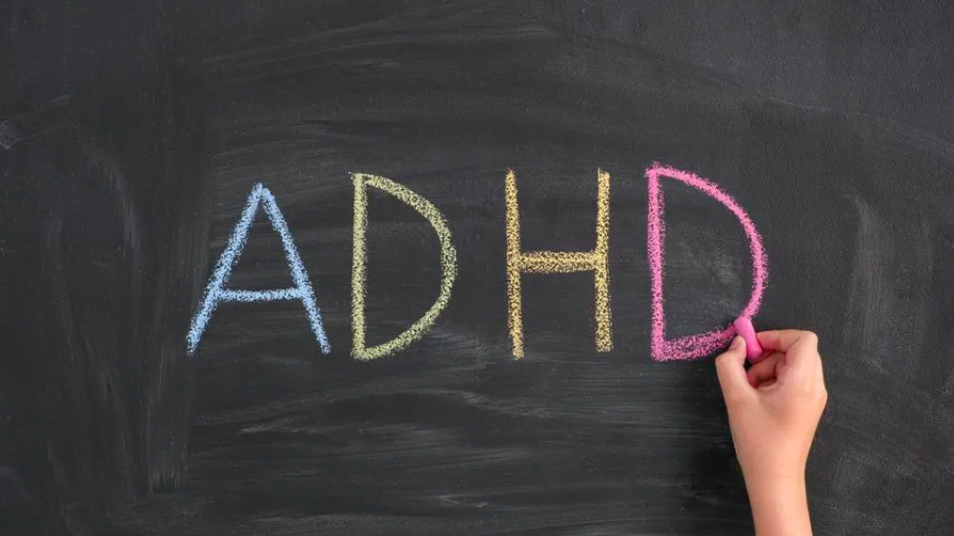ADHD

“A crisis is an opportunity riding a dangerous wind.”
(Chinese proverb)
How To Parent Kids with ADHD?
Understanding ADHD is crucial for effective parenting. This guide provides comprehensive insights into ADHD in children, covering its types, symptoms, and effective strategies for management.
What is ADHD?
Attention Deficit Hyperactivity Disorder (ADHD) is a neurodevelopmental disorder characterized by symptoms of inattention, hyperactivity, and impulsiveness. It affects a child’s ability to focus and control their behavior, impacting their daily activities and social interactions.

How to Identify ADHD in Children
1. Persistent patterns of inattention and/or hyperactivity
2. Symptoms occurring in multiple settings (e.g., home, school)
3. At least six symptoms of inattention or hyperactivity-impulsivity present for at least six months
ADHD is Not a Tragedy But an Opportunity! ADHD presents unique challenges, but it also brings opportunities for growth and development:
- Enhanced Creativity: Children with ADHD often think outside the box and can be highly creative.
- High Energy: Proper channeling can direct their energy towards productive activities.
- Resilience: Overcoming ADHD challenges builds resilience and problem-solving skills.
Strategies and Tactics for Managing ADHD
Start with Yourself: As a parent, you are your child’s role model, so your routines, skills, habits, and parenting techniques should align with what you want to teach them.
Create a Supportive Environment: Your family and home are the best environments to raise your child, providing stability, love, and support.
Healthy Eating, Physical Activity, and Good Sleep are essential for maintaining your child’s physical and mental well-being.
Become the Best Psychologist and Teacher for Your Child: Use effective strategies and techniques to address behavioral challenges.
Practice CBT Techniques at Home: Implement cognitive-behavioral therapy methods to help manage your child’s emotions and behavior at home.
Develop Social Skills: Help your child build the social skills they need to interact with others successfully.
Foster Emotional Intelligence: Teach your child to recognize and manage their emotions, improving their ability to adapt and communicate.
Implement Strategies in School: Work with teachers and staff to create an educational environment that suits your child’s needs.
Professional Help and Medication: We strongly recommend turning to this as a last resort when other methods have proven insufficient.
Subscribe to Our Free e-Book: Become a subscriber and get this unique book for free! Our comprehensive guide includes over 100 techniques, 20 CBT methods, and 10 valuable toolkits, covering everything you need to know about raising children with ADHD, from A to Z. Unlike other modern guides that list strategies, we provide clear explanations of the techniques used by neuropsychologists and psychiatrists, making them easy for you to apply at home. Don’t miss out—subscribe today and receive the complete e-book at no cost!
Get Your ADHD Parenting Book for Kids: 100+ Techniques & 10 Toolkits and more
Presenting a new book on parenting kids with ADHD: Proven strategies across 300+ pages
Some examples of effective Strategies and Tactics for Managing ADHD
Implementing effective strategies can significantly improve the quality of life for children with ADHD:
Routine and Structure:
- Establishing a consistent daily routine
- Using visual schedules and reminders
Positive Reinforcement:
- Rewarding desired behaviors with praise and incentives
- Setting achievable goals and celebrating successes
Clear Communication:
- Giving clear and concise instructions
- Using eye contact and ensuring understanding
Time Management Skills:
- Teaching children to use planners and timers
- Breaking tasks into smaller, manageable steps
Tools for Supporting Children with ADHD
Several tools can help children with ADHD manage their symptoms effectively:
Organizational Tools:
- Planners, calendars, and apps for time management
- Checklists and charts for task completion
Educational Resources:
- Books and online courses on ADHD management
- Support groups and forums for parents and children
Therapeutic Tools:
- Fidget toys and stress balls to improve focus
- Sensory tools to help with self-regulation
Conclusion
Managing ADHD in children requires a comprehensive and compassionate approach. By understanding ADHD, implementing effective strategies, and using the right tools, parents can help their children thrive. Remember, ADHD is not a tragedy but an opportunity to discover and nurture unique strengths.